Rice lab’s flash Joule heating extracts rare earth elements from waste at high yields
Green Car Congress
FEBRUARY 10, 2022
The Rice lab of chemist James Tour has successfully extracted valuable rare earth elements (REE) from waste at yields high enough to resolve issues for manufacturers while boosting their profits. The activation strategy is feasible for various wastes including coal fly ash, bauxite residue, and electronic waste.

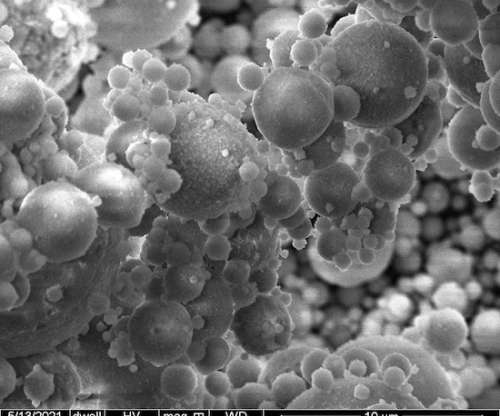

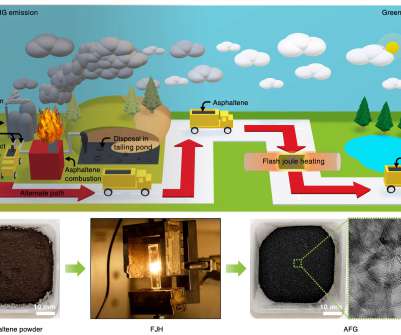

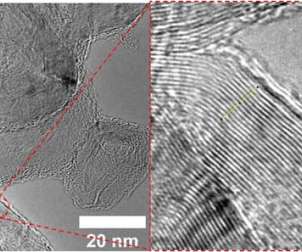









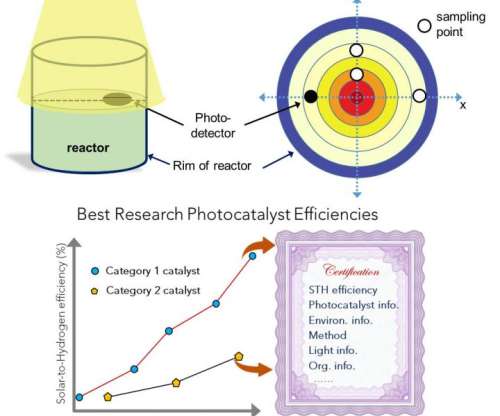




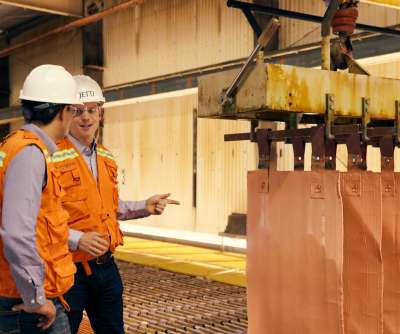


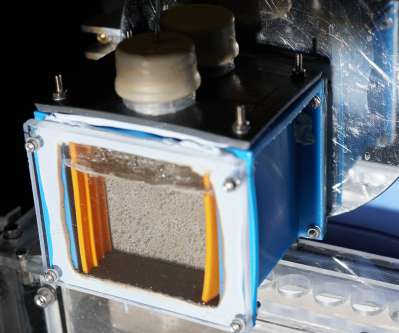
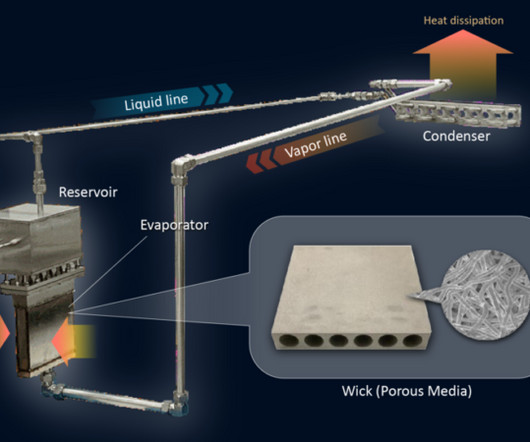


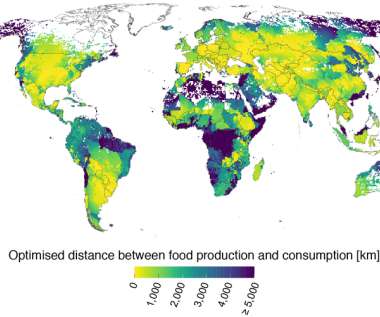













Let's personalize your content